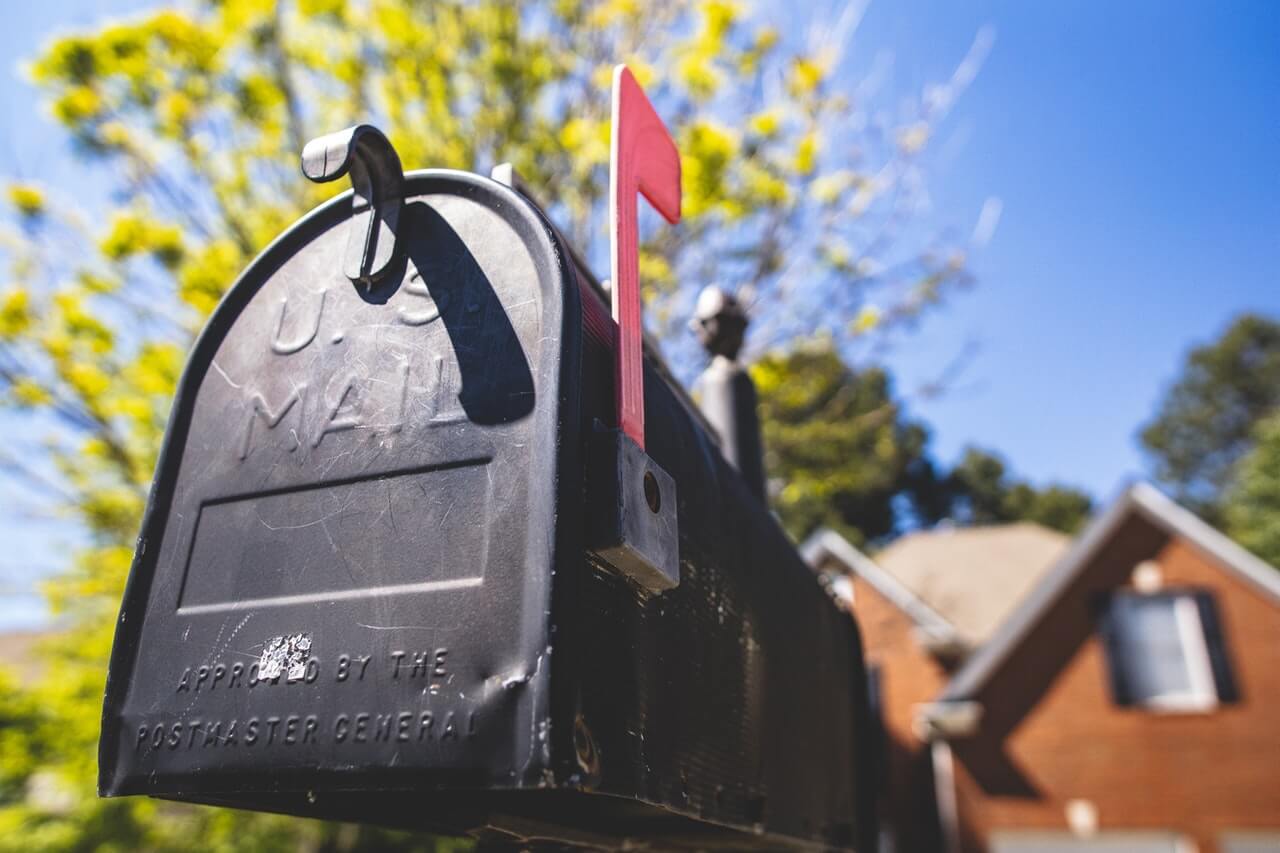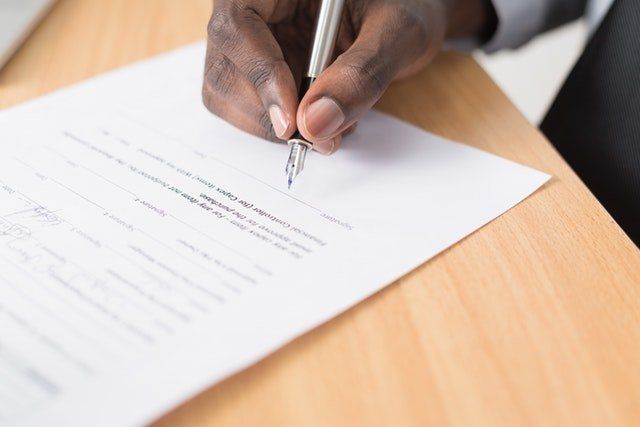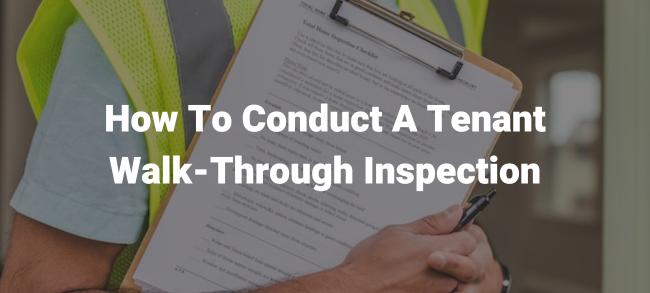What to do With a Former Tenant's Possessions
March 20, 2020
After a tenant leaves your property, you may be tempted to dispose his belongings. However, you can’t act so quickly. Whether you’re a property owner in New Tampa, Carrollwood, or elsewhere, you must abide by the correct procedures for this type of situation.
There are several things to consider. Here are a few:
- Determine the reason that the tenant left the property
- Provide a retrieval period
- Ensure that you store, or dispose a tenant’s possessions properly
- Make sure you are protecting yourself
Knowledge and awareness is key for avoiding financial loss. Advantage Realty Services, Inc.
is here to provide you with everything you need to know.
Reason for Leaving
To begin, you should determine the reason that the tenant left the property. Was it an eviction, or was it another reason? Depending on the reason, your responsibilities will differ.
Here are your responsibilities as a property owner in Florida:
- If a tenant leaves because of an eviction, then you are responsible for contacting him to retrieve his belongings once a Writ has been given
- If the move-out is not due to an eviction, then you must send a notice to the tenant
The Florida State Law dictates the following:
- A tenant has 10 days to retrieve his possessions if the notice was given to him in person
- If the notice was mailed, a tenant has 15 days to collect his belongings
We will discuss notifying tenants in more detail further in this article.
Before sending a notice, though, you should sort through the items that were left behind in the property. Decide what can be disregarded and what should be kept. You can store these items in your property, or you can rent a storage space.
Then, prepare a list of all the leftover belongings. This is important because when you send a notice, you will need to provide a detailed and descriptive list of all the items. You can even take photos of each possession as documentation. Account for everything, but don’t open any locked items. And, always make sure that you are handling the leftover possessions carefully as you can be liable for negligence.
Tenant Notice
Once the tenant’s possessions are sorted, you should continue by sending a notice to the tenant.
The notice
should include the following information:
- The specific items that were left behind
- The cost of storage
- How long the tenant has to retrieve his items
- Where the items are being stored/where they can be retrieved
- The fact that any unclaimed items will be disposed
To ensure that the notice reaches the tenant, you can also send a copy of it to his emergency contact. Provide evidence that you’ve exhausted all means to inform him about retrieving his possessions. This will help you protect yourself against potential lawsuits.
Disposing a Tenant’s Possessions
Sometimes, a tenant may not retrieve his belongings. In this circumstance, you have two options: you can either sell the tenant's items, or dispose them.
That said, there are some rules. For instance, if an item costs less $500.00, you can decide what to do with it. However, if the abandoned item exceeds $500.00, you are required to sell it through a public sale.
This sale must be advertised in the local newspaper at least once a week for 2 weeks. Alternatively, 10 days before the sale day, you can put posters around the neighborhood in visible areas. The cost of advertising should be covered by the former tenant.
Protect Yourself
Finding yourself in this situation can be quite stressful. It’s best to protect yourself by including a clause in your leasing agreement.
You can include:
- A disposal fee for any abandoned property
- Specific condition on how long you will be keeping the possessions
- Arrangements if a tenant can’t collect all the belonging’s at once
Doing so shields you from any lawsuits that the tenant can file.
Bottom Line
It’s important to understand the Florida State Laws and act accordingly. Also, always be sure to handle the former tenant’s belongings with care. Although an item may not seem valuable to you, the tenant
still has the right to claim his possessions.
Here are some important reminders:
- Know the minimum holding period for storing a tenant’s leftover possessions
- Learn how to write a detailed notice of the tenant’s abandoned belongings
- In your lease, include how to handle leftover possessions to avoid further financial expenses
After reading this article, you should be aware that you bear responsibility for a tenant’s leftover items. You should also have a better understanding of how to deal with this type of situation.












